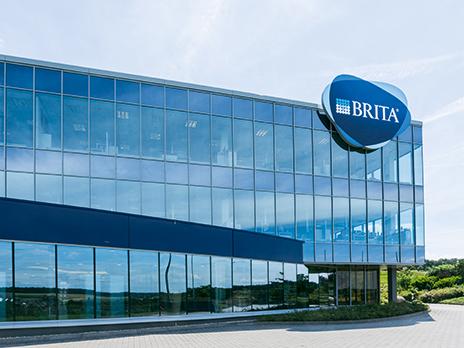Pressure is building on businesses to support the transition to a more circular waste model.
Last year, the Department for Environment, Food and Rural Affairs (DEFRA) consulted on a new Waste Prevention Programme for England: Towards a Resource Efficient Economy. The programme sets out priorities to manage resources and reduce waste according to the waste hierarchy - by increasing reuse, repair and remanufacture of products, among other things. This year, the Government is due to publish their response to this consultation which is likely to make recommendations for policy and business to support a more circular economy.
The new Waste Prevention Programme for England will set out how the Government and industry can take action across seven key sectors – construction; textiles; furniture; electrical and electronics products; road vehicles; packaging, plastics and single-use items; and food.
The consultation sought views on how the Government can use new powers in the Environment Bill, which passed into law in November 2021, to set ‘eco-design standards’. This followed the Governement’s announcement that it would introduce tough new requirements to tackle ‘premature obsolescence’, helping to ensure consumers are able to fix and extend the usable lifetimes of their appliances when they break, rather than throwing them away. The ‘eco-design standards’ could be used to set requirements on manufacturers to provide spare parts, to set a minimum level of recycled content, or to ensure products are designed for disassembly, repair and long life, rather than disposal.
Placing greater responsibility on producers to make items easier to reuse and recycle will play an important role in fighting unnecessary waste. Progress is being made in developing new busness models that focus on hiring, sharing and leasing, however, challenges around liability and reverse logistics (getting the products back to the manufacturer to facilitate reuse) remain. This is why reuse needs to be factored into the design of machines and products, making it easier to replace parts and undertake refurbishment.
Not only do secondhand models and refurbishment offerings enable unwanted equipment to be given a second life, and therefore help reduce waste, but they also reduce costs for the business.
Within BRITA’s own facility is a dedicated recycling centre, where used filters are separated into their constituent components and each is recycled or reused, either in the production of new filters or through external companies. BRITA encourage all our customers to recycle their used filters with us and we are pleased to have launched 3 new recycling hubs with our Professional customers First Choice Catering Spares, Becktech and Options Management.
At BRITA, we hope initiatives under the new Waste Prevention Programme will help move industry and consumers closer to a circular economy and reduce the throwaway culture. We are passionate about supporting our customers to navigate the changing political environment, promoting strong sustainability practices, and ultimately producing less waste.




